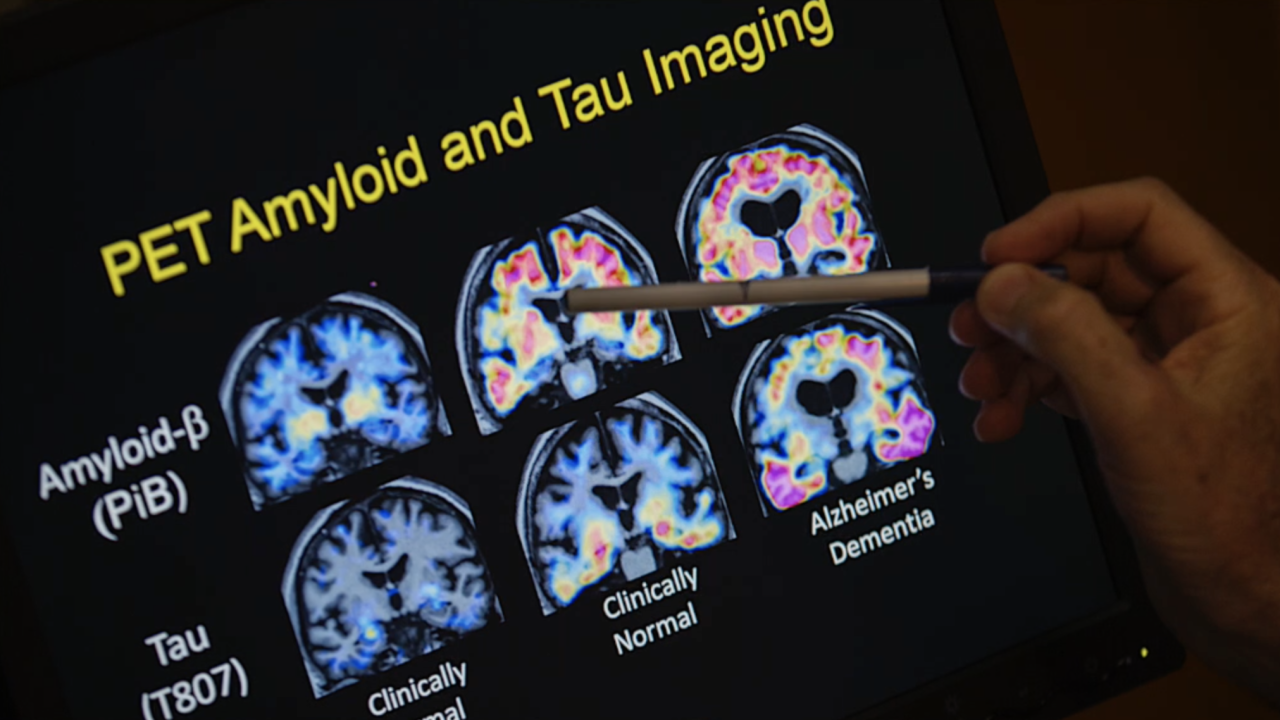BAKERSFIELD, Calif. — Janelle Capra knows the impact Alzheimer’s Disease can have.
“This is a family disease and I know it firsthand. My mom was on this journey for about eight years and so it hits home for the entire family," she said.
Today, Capra supports families like her own as executive director at the Alzheimer’s Disease Association of Kern County Adult Day Care Services.
She said the FDA's accelerated approval for the drug lecanemab earlier this month is encouraging.
“It definitely shows the opportunity for further approvals and further breakthroughs," said Capra. "This disease is heartbreaking on the good days and it can be absolutely devastating on the bad, so anything that we can do [to] finally find a first survivor is so important."
Alzheimer’s is believed to be caused by the buildup of amyloid plaques, an abnormal protein, in the brain. It affects the ability to remember a range of things, from memories to basic motor skills.
Dr. April Thames is a UCLA professor of psychiatry and clinical neuropsychologist.
She said lecanemab, under the brand name LEQEMBI, is a monoclonal antibody that works with the immune system to reduce amyloid.
“We could see that it was able to delay the progression of cognitive decline by about three to five months," she said.
But the drug isn’t actually available yet. This accelerated approval allows the drug manufacturer to further study lecanemab to confirm its clinical benefit.
Dr. Thames said there were adverse effects in the trials that need to be studied more with bigger samples of people.
Three patients died in the larger trial. 17% showed brain bleeding and about 13% showed brain swelling.
“We want to see how much do the the benefits [outweigh the risks] or vice versa, so we won’t really have those answers unless there’s more studies that are looking into this," said Dr. Thames.
So while this FDA approval doesn’t mean the drug is easily accessible yet, it does bode well for the future.
“More than anything, it gives hope. It's an opportunity for meaningful moments still with your loved one, early onset especially," said Capra. "For me with my mom, who was diagnosed at age 65, [it] probably could’ve made a big difference for her."
Dr. Thames said they are also working with the Center for Medicare Services to approve insurances paying for this drug because as right now, people would have to pay out of pocket once it is prescribed.




